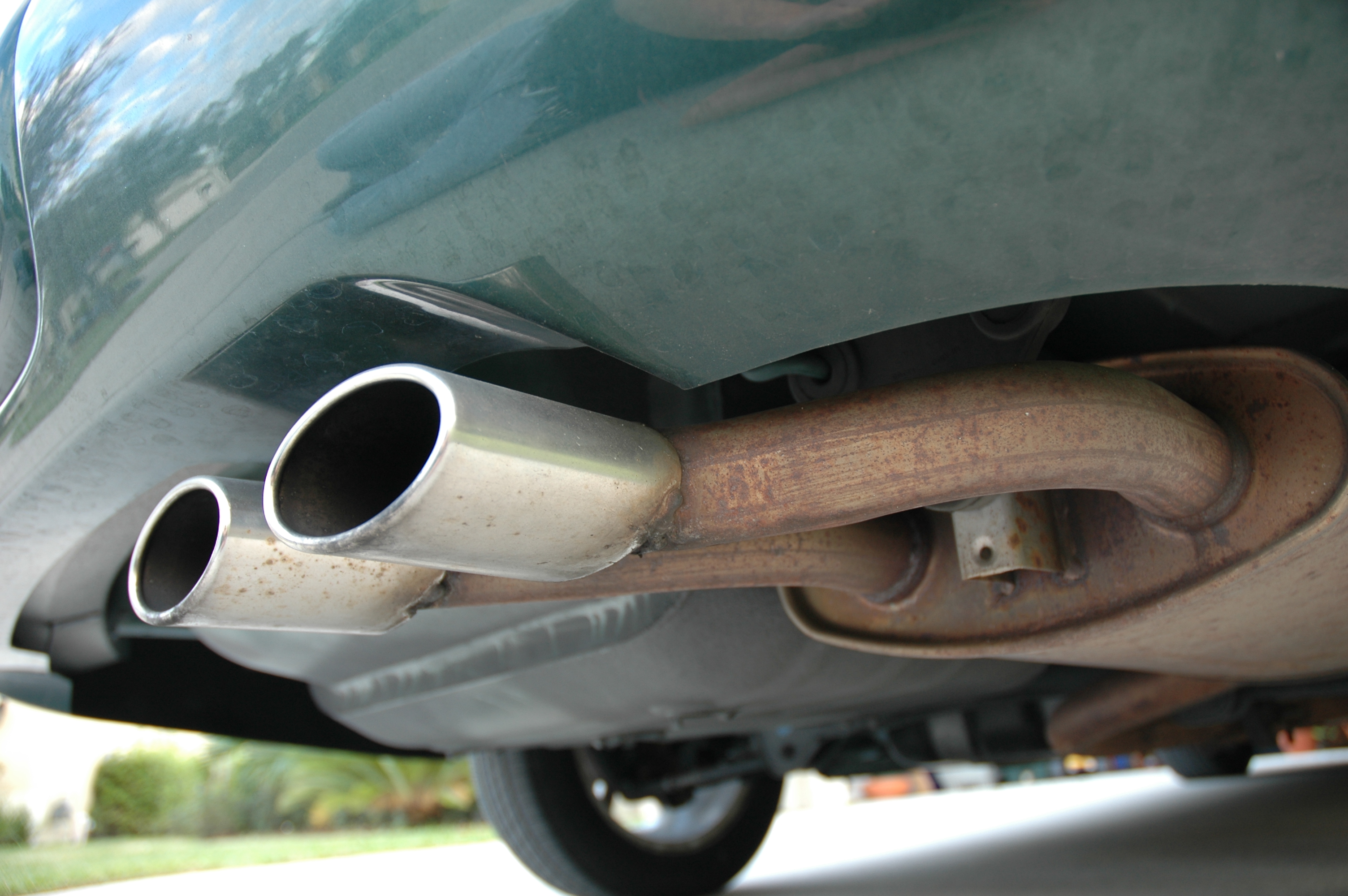In a well-constructed and functional exhaust system, the best catalytic converters work together with the other components, such as the muffler, header, and resonator. The exhaust resonator is one of the least recognizable and most misunderstood components of the exhaust system. Nevertheless, it has a vital role to play in the operation of your vehicle that is often overlooked.
What Does the Exhaust Resonator Do?
The primary role of the exhaust resonator is to control the volume of the sounds produced by your vehicle’s engine. This makes for a more pleasant ride for both you and your passengers because you aren’t subjected to loud engine noises, which are not only annoying but may also damage your hearing with prolonged exposure.
However, the function of an exhaust resonator is not strictly aesthetic. By organizing the sound waves produced by the engine into a more organized pattern, the resonator tunes them, harnessing their power to improve engine efficiency.
How Can You Tell if the Exhaust Resonator Is Bad?
One way to definitively assess the condition of your exhaust resonator is to use a car code reader, which will allow you to identify any problems with pinpoint accuracy. However, even without a car code reader, you may recognize certain symptoms that can indicate trouble with your exhaust resonator.
1. New or Excessive Noise
When your exhaust resonator needs attention, the sounds that your vehicle makes will change. You may notice a high-frequency buzzing from the exhaust system that was never there before. If the components inside the resonator have broken loose, you may hear a rattling noise. You may also perceive a difference in the noises from the engine, such as an increase in volume, that indicates a possible problem.
2. Strange Smell
It is not only your ears that may alert you to a problem with your exhaust resonator, it is your nose as well. Noxious fumes that cause unpleasant odors can escape from a resonator that is leaking. Take these fumes seriously because they may also pose a hazard to your health.
3. Decreased Engine Performance
A bad exhaust resonator may restrict the flow of exhaust from the engine. If the exhaust then backs up, it can increase the back pressure on the engine components. As a result, you may notice a decrease in engine performance indicators, such as fuel economy.
4. Check Engine Light
Your engine controller may not be able to compensate for an increase of back pressure caused by a faulty resonator. This may cause your check engine light to turn on, indicating that your engine is in danger of serious damage and you should have it checked right away.
5. Stalled Engine
Ultimately, your engine may stall or refuse to start altogether due to an excessive buildup of back pressure from an exhaust resonator that has collapsed completely.
Though not strictly necessary to the exhaust system, a resonator does a great deal to increase fuel efficiency, engine performance, and riding comfort. Replacement exhaust resonators represent a good investment of your transportation budget. You can easily find information online about where to purchase one.

Leave a Reply